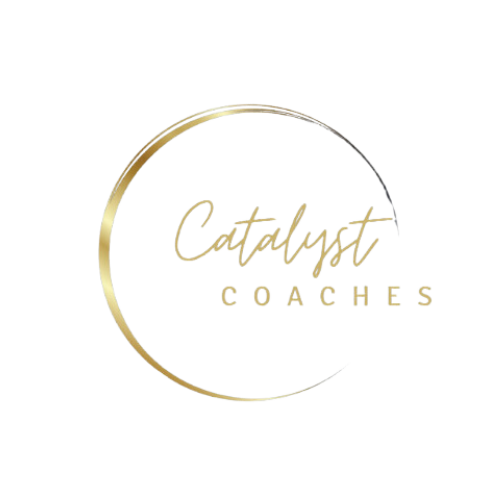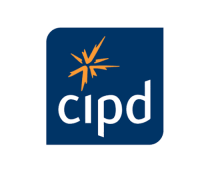Introduction
Every so often, I come across a word that perfectly sums up something I have been feeling but haven’t quite put it into words. This week, that word is enshittification – a rather blunt but incredibly accurate term used to describe the gradual decline of a service as it becomes more focused on profit and efficientcy at the expense of quality and user experience.
Originally applied to online platforms, enshittification is now creeping into industries where human connection is essential—coaching and mentoring included. The rise of AI-driven coaching and mentoring platforms promises efficiency, affordability, and accessibility, but at what cost?
Why AI Coaching Isn’t the Same as Human Coaching
AI-driven coaching platforms may be able to provide quick responses, structured frameworks, and even basic accountability tracking. But coaching isn’t just about providing answers—it’s about understanding the subtleties of human behavior, asking the right questions at the right time, and building relationships based on trust and experience. These are things that algorithms, no matter how sophisticated, simply can’t replicate.
Think about it this way: AI coaching is like using a self-checkout machine at the supermarket. It’s efficient and gets the job done, but it can’t offer advice on the best cut of meat for your Sunday roast or recommend a wine pairing based on your taste. A human coach, like a knowledgeable shopkeeper, brings insight, wisdom, and personal connection to the experience.
The Real Value of a Human Coach or Mentor
Nuanced Understanding – Humans are complex. A good coach recognizes patterns, emotions, and unspoken concerns that an AI might miss. We adapt our approach in real time based on the needs of the individual.
Deep Relationships – Coaching and mentoring thrive on trust and rapport. A chatbot may remember your last session’s keywords, but it won’t recall the emotional weight behind them or how they tie into your bigger goals.
Challenge and Accountability – Real coaching isn’t about spoon-feeding easy answers; it’s about pushing people to think differently and develop themselves. AI might suggest solutions, but a human coach knows when to push, when to challenge, and when to just listen.
Ethical and Contextual Awareness – An AI doesn’t understand personal values, organizational culture, or ethical dilemmas in the way a trained coach or mentor does. The best coaching conversations go beyond performance metrics—they help people align their actions with their deeper values and aspirations.
Coaching is More Than Just a Transaction
AI is great for many things—data processing, automation, and even helping structure simple tasks. But when it comes to personal and professional development, we must resist the enshittification of coaching. It’s not just about getting quick answers or ticking off goals; it’s about fostering meaningful transformation.
At Catalyst Coaches, we believe that real coaching requires real people. No algorithm can replace the impact of a well-timed question, a reassuring nod, or the shared joy of a breakthrough moment.
So, if you’re looking for real growth, challenge, and support—let’s talk. No bots, no scripts, just real conversations that make a difference.





